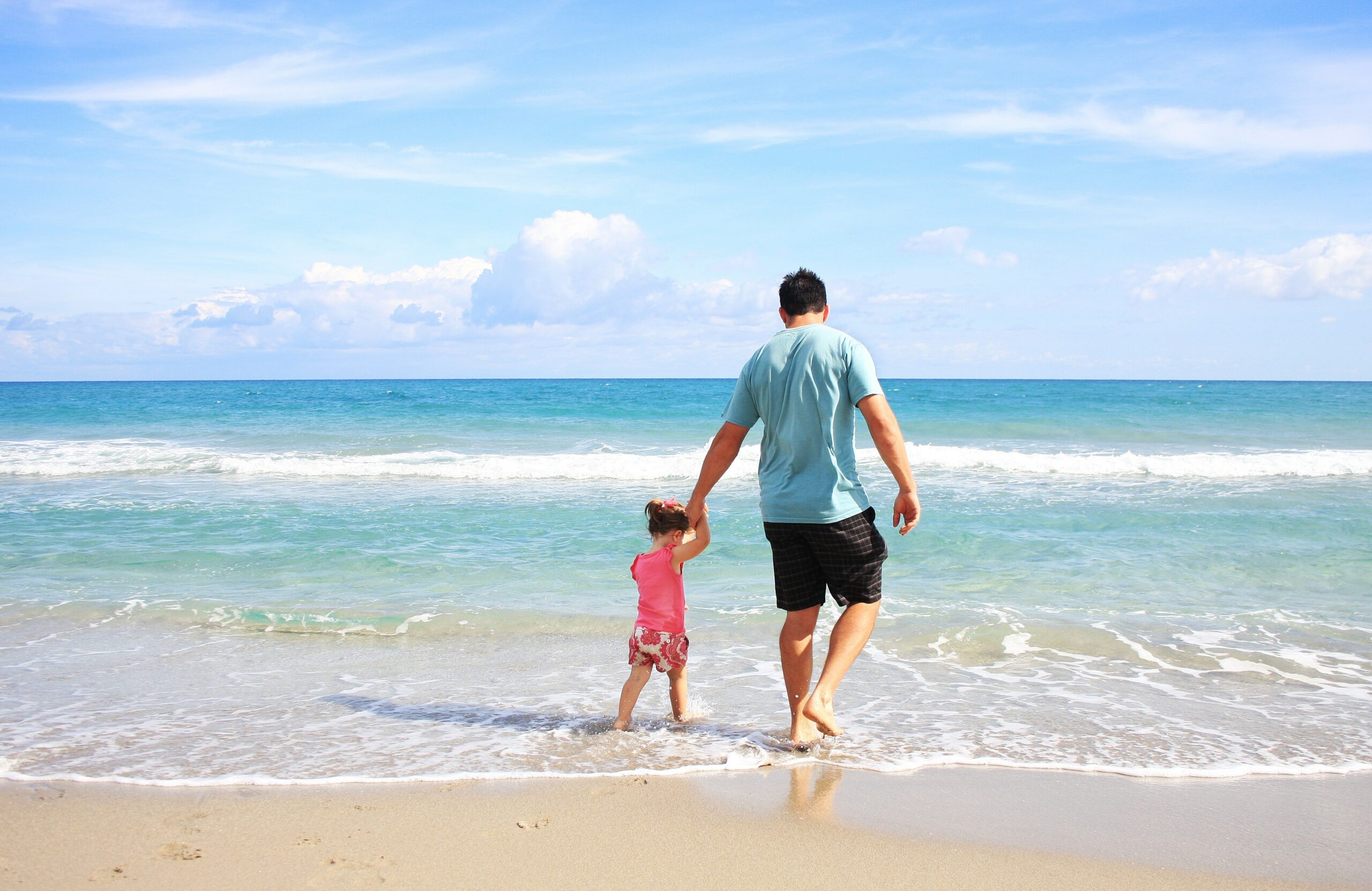YourTown Health wants you to have the best beach experience possible by making safety your first priority. A little knowledge and respect for nature can go a long way to enhancing your day.
Learn to identify the beach’s flag-based communication system to find out about changing sea conditions. They’re usually posted near lifeguard towers to alert the public about any closings, surf and currents, or dangerous marine life present.
Water Levels
Large surf. Pounding shorebreak. Rocky beaches. Beautiful to look at – but not safe for swimming. Make sure you know the rules before you set foot and only swim where there is a lifeguard present.
Rip currents cause the majority of lifeguard rescues. They are subtle and strong. On the surface, the water gives the appearance of being calmer because there are less waves breaking. Underneath however, there are powerful currents of water and gravity that are pulling away from the shore. You can sometimes tell that the water is a murky brown color from all the sand being stirred up. If you find yourself caught in one, don’t try to fight it. Remain calm and swim parallel to the shoreline until you’re out of the current before heading back towards the beach. If you’re unable to swim, float or calmly tread water until you’re out of it. If you’re still unable to reach shore, draw attention to yourself by waving and yelling for help.
Be sure to check the water quality reports. Each county monitors conditions and issues alerts when runoff and storm drain water impact bacterial levels. It’s a good idea though to stay out of the water after it rains. Surfers who go in often complain of flu-like symptoms, nausea, ear infection and other illnesses.
There are also some underwater hazards to be aware of such as reefs and rocks, shallow spots and sudden deep spots known as in-shore holes that can occur randomly. For these reasons, never try to dive into the surf. It may result in serious injury if you encounter sand instead of water.
Water Sports
Rescues tend to happen when swimmers, body boarders and surfers venture out beyond their level of ability or when they crowd each other and collide. Become familiar with the area’s surfing etiquette and maintain a safe distance from others (and obstacles such as pier pilings) to avoid collisions.
Marine Life
Stingrays bury themselves in the sand in shallow water as protection. This makes it easy to accidentally step on them. Though not aggressive, they do get frightened and use their venom to defend themselves. Shuffle your feet along the sand as you enter and exit the water to decrease your chances of stepping on one directly. Their sting is very painful. Medical attention is necessary to alleviate the pain and clean the wound to prevent infection. The lifeguard station will have first aid supplies but if you’re on an unguarded beach, soak the area in warm water until the pain subsides and then seek medical help. Call 911 if you have an allergic reaction to the sting.
Jellyfish are also seasonal and infrequent. Their sting can be compared to a bee or wasp. It’s usually not a serious medical condition unless you’re allergic. But yes, it is painful. The lifeguard should be able to help alleviate the pain.
Your Health
A day in the sun can take its toll on a body. Remember to drink plenty of water. Dehydration can happen fast. Symptoms include dry mouth, dizziness and fainting. Get out of the sun if you start to feel nauseated or dizzy and grab a cold beverage. Just limit the alcohol and sugary drinks, which can make dehydration worse. The combination of bright sun and high temps can also lead to overheating. For instant relief, put a wet, cool cloth on your skin and move to a shady, preferably air-conditioned spot for a breather. On the more severe side, there’s heat stroke and sun poisoning. Watch for headache, muscle cramps, swelling of the hands or feet, rapid heartbeat and excessive or lack of sweating. Sun poisoning is also indicated by blistering, tingling, fever and chills. If you or someone you’re with displays any of these symptoms, seek medical attention.
Sunburn is probably the most common health concern – and also the one taken least seriously. Remember that even a minor sunburn can result in damage to the skin, accelerated aging and the potential for skin cancer. It’s been said that just one, blistering sunburn in your youth can more than double your chance for melanoma later in life. No one should be at the beach without sunscreen. Reapply it often to all exposed skin. Bring a hat, clothing and an umbrella for cover. Don’t forget the sunglasses for UV eye protection and a pair of sandals for when the sand gets too hot.
The younger the child, the greater the risk
Infants and toddlers can drown in an inch of water. According to the CDC, drowning is the second leading cause of unintentional death for young children. But drowning is preventable.
Stay proactive about your health and enjoy your time at the beach. Remember to visit YourTown Health for all your healthcare needs!

